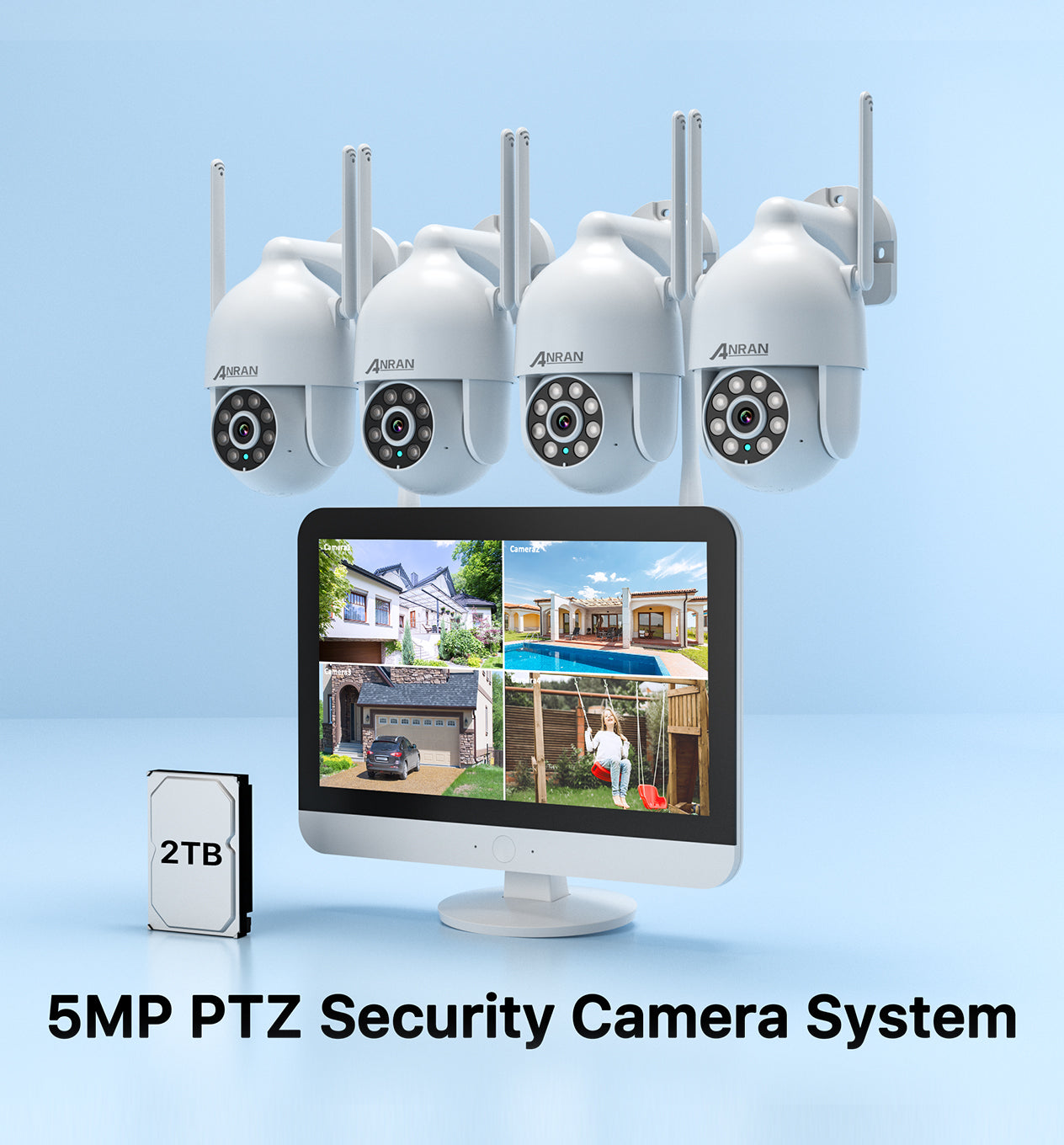Unlock the Secrets: Discover the Best CCTV Cameras for Ultimate Security!
In an age where safety concerns are on the rise, securing our homes and businesses has become a top priority. CCTV cameras play a pivotal role in enhancing security, providing peace of mind to homeowners and business owners alike. As more consumers recognize the importance of surveillance systems, the demand for reliable and efficient CCTV cameras has soared. However, with a myriad of options available on the market, finding the right CCTV camera tailored to your specific needs can be a daunting task. This article aims to guide you through the maze of options by discussing key features, types, and critical factors to consider when purchasing a CCTV camera, ensuring that you make an informed decision for your security needs.

Understanding CCTV Cameras: A Comprehensive Overview
Closed-Circuit Television (CCTV) cameras are surveillance devices designed to monitor and transmit video feeds to a designated location. These cameras are a critical component of modern security systems, allowing users to keep an eye on their property in real-time or review recorded footage later. There are several types of CCTV cameras on the market, each suited for different applications. For instance, analog cameras are traditional options that transmit video over coaxial cables, while IP cameras use internet networks to send and receive data. Wireless cameras provide flexibility in installation but may require a reliable Wi-Fi connection. Understanding the nuances of these types is essential for making a well-informed purchase, as each offers unique benefits and drawbacks depending on your specific security needs and installation environment.
Key Features to Consider When Choosing a CCTV Camera
When selecting a CCTV camera, several essential features warrant careful consideration to ensure the camera meets your security requirements. Resolution is crucial; higher resolution cameras provide clearer images, which can be vital for identifying faces or license plates. The field of view is another important aspect; a wider angle can cover more area, reducing the number of cameras needed. Night vision capabilities are also essential, as they enable monitoring in low-light conditions. Additionally, storage options, such as cloud storage or local hard drives, can impact how much footage you can save. Finally, remote access features allow users to view live feeds from their smartphones or computers, enhancing the convenience and effectiveness of the security system. Each of these features contributes significantly to the overall performance and reliability of a CCTV camera.
Comparing CCTV Camera Options: What to Look For
When comparing various CCTV camera options, several factors come into play that can influence your decision. Installation ease is paramount; some cameras are user-friendly and can be set up without professional assistance, while others may require expert installation. Durability is another key consideration, especially for outdoor cameras that must withstand various weather conditions. Look for models that boast weather resistance ratings to ensure longevity. Customer support is equally important; a manufacturer that provides robust support and warranty options can save you a lot of trouble in the long run. As you evaluate these factors, consider your specific needs and the environment where the camera will be installed. For instance, if you live in an area prone to extreme weather, prioritizing durability and weather resistance should be high on your list.
Installation and Maintenance Tips for CCTV Cameras
Proper installation is vital for optimizing the performance of your CCTV cameras. Start by selecting strategic locations that cover critical areas without obstructions. Ensure that the cameras are mounted at a height that deters tampering but allows for effective monitoring. Additionally, regular maintenance is crucial to ensure your surveillance system functions correctly over time. This includes routine checks of the camera's lens for dirt or obstructions, adjusting angles as necessary, and checking the functionality of night vision features. Software updates are also essential; keeping your camera's firmware up-to-date helps protect against vulnerabilities and ensures the best performance. By following these tips, you can enhance the longevity and effectiveness of your CCTV system, thereby maximizing your investment in security.
Selecting the Ideal CCTV Camera for Your Needs
In conclusion, selecting the right CCTV camera is a critical step in enhancing your security measures, whether for your home or business. By understanding the different types of cameras, key features to look for, and essential considerations when comparing options, you can make a more informed decision that meets your specific needs. Remember to assess your security requirements carefully and conduct thorough research before making a purchase. With the right CCTV camera in place, you can enjoy greater peace of mind, knowing your property is monitored and protected.








